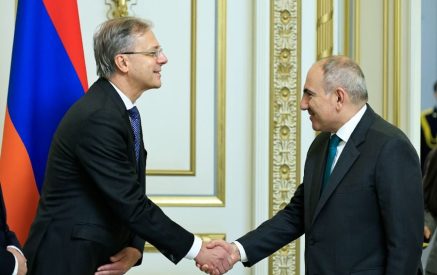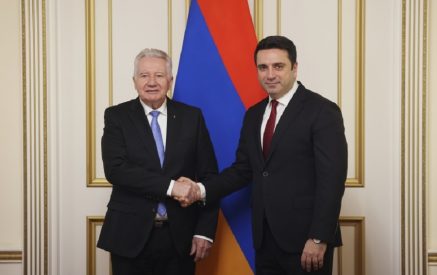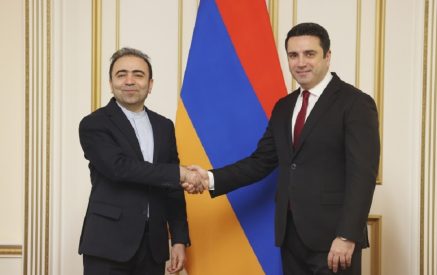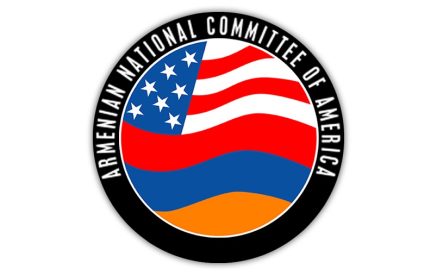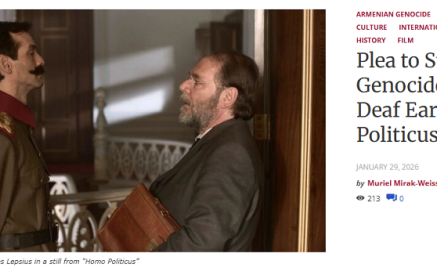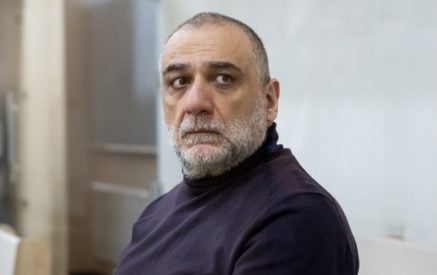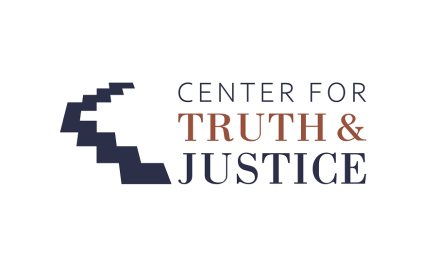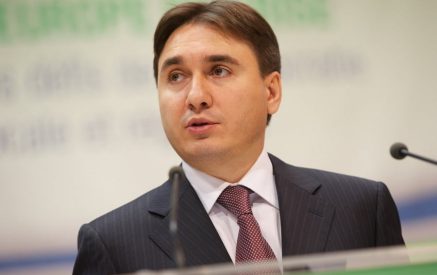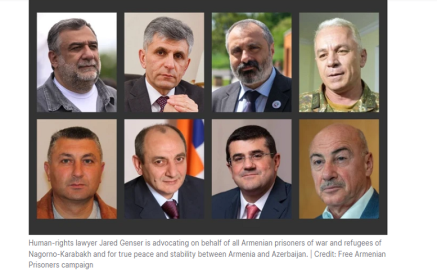On the occasion of the Day against Human Trafficking, Vernon Coaker (United Kingdom, SOC), rapporteur on concerted action on human trafficking of the Committee on Migration, made the following statement:
“European Anti-Trafficking Day on 18th October 2019 reminds everyone that our continent is a major platform and destination for global human trafficking, mainly of women.
At its session in Helsinki on 17 May 2019, the Committee of Ministers identified the fight against human trafficking and modern slavery as a priority for the Council of Europe in the wake of the growing number of victims of human trafficking, which particularly takes the form of forced prostitution and sexual exploitation, labour exploitation and organ trafficking.
Migrants and refugees arriving from outside Europe are a prime target for human traffickers, but vulnerable people from eastern Europe are also trafficked. Women constitute the vast majority of those trafficked; the situation has been compared to the historic slave trade, where human beings were treated as goods by those with money, power and the will to exploit – and where greater vulnerability was seen as being synonymous with inferiority and subordination, thus justifying abuse.
Read also
Faced with the immense human suffering caused by trafficking in human beings, the relevant legal instruments of the Council of Europe should be promoted and strengthened, in particular the Convention on Action against Trafficking in Human Beings (CETS No. 197), the Convention against Trafficking in Human Organs (CETS No. 216), the Convention for the protection of children against sexual exploitation and sexual abuse (CETS No. 201), the Convention on preventing and combating violence against women and domestic violence (CETS No. 210) and the European Convention on Human Rights (ETS No. 5).
The accession of the European Union to those treaties would be an important step in the right direction. In addition, new political action is needed, focusing on the victims of human trafficking and better protecting them through concerted pan-European action.”
Council of Europe









































